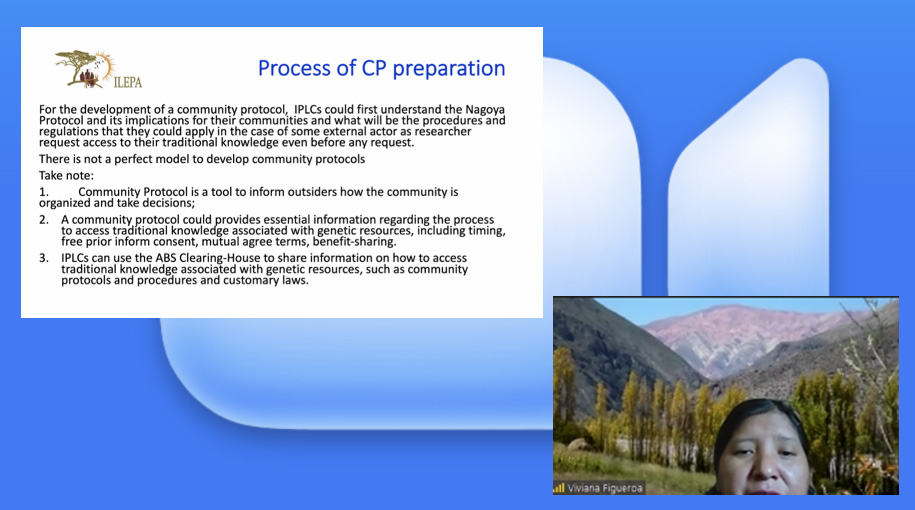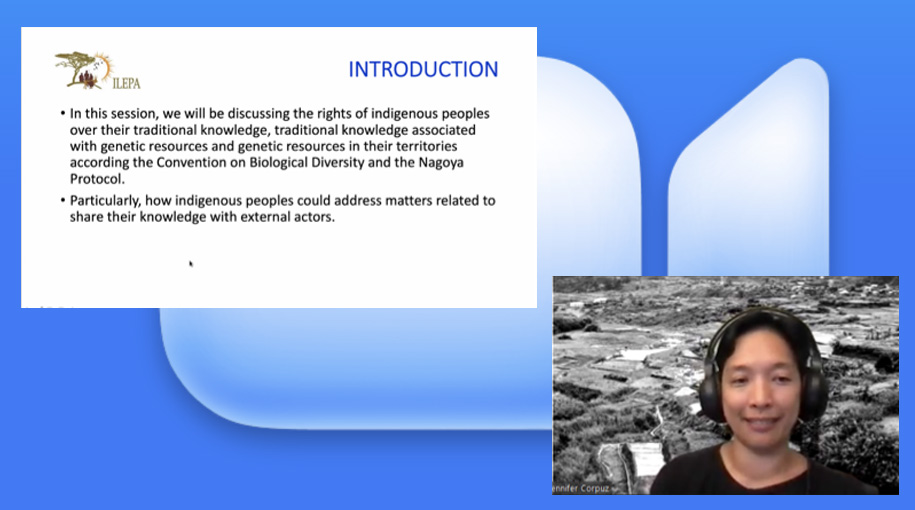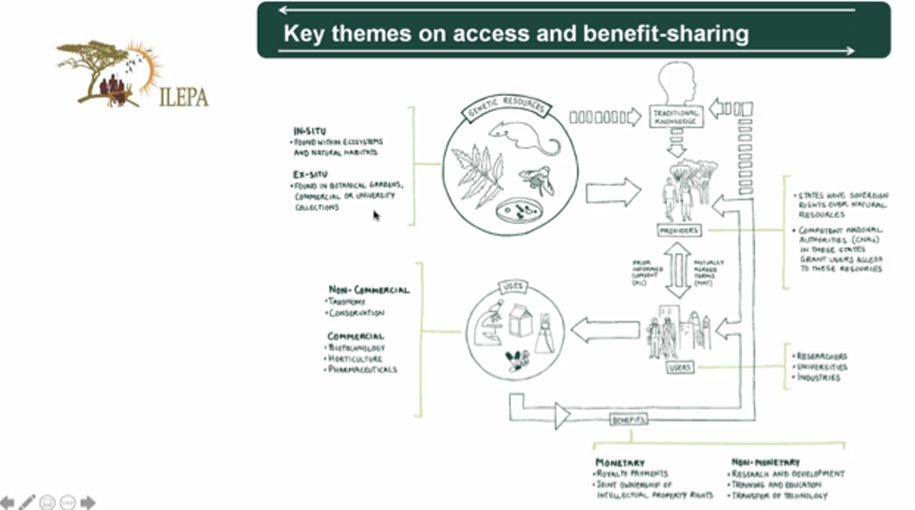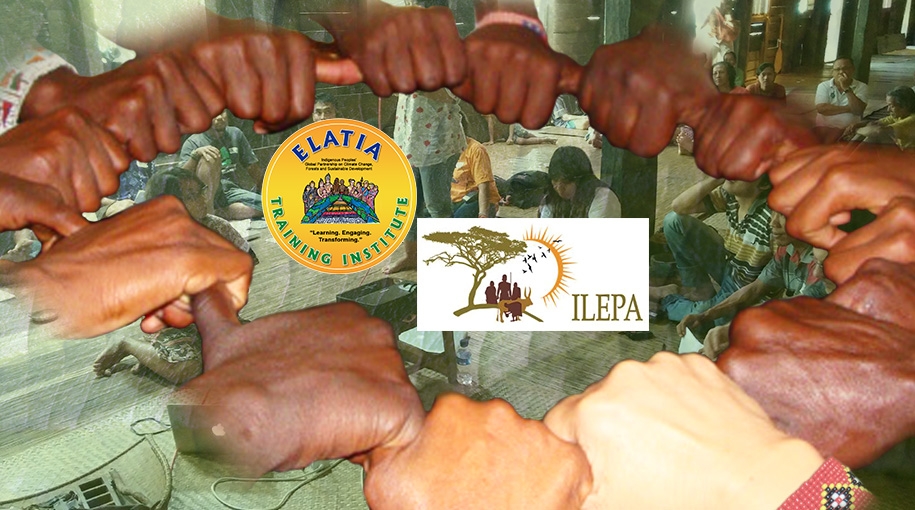The ELATIA Indigenous Peoples’ Training Institute, in partnership with the Indigenous Livelihoods Enhancement Partners (ILEPA), commenced a virtual training program for second-generation indigenous leaders on January 2021. The training on policy advocacy aims to equip young indigenous men and women with the necessary knowledge and skills for effective engagement in the different political processes on the UN Convention on Biological Diversity (UN CBD), United Nations Framework Convention on Climate Change (UNCBD), and the Sustainable Development Goals (SDGs). This program also aims to sustain indigenous peoples’ advocacy at various levels in the areas of biological diversity, climate change, and sustainable development.
The first in the series of advocacy training conducted through virtual platforms focused on the UNCBD, the event was participated in by twenty-six (26) participants nominated from ELATIA and Nia Tero partners and from other indigenous peoples’ organizations around the world.
Four renowned indigenous experts on the UN CBD composed the training team namely, Joji Cariño of the Forest Peoples Programme, Viviana Figueroa of International Consultancy on Indigenous Peoples, Traditional Knowledge and Biodiversity, Jennifer Tauli Corpuz of Nia Tero, and Aslak Holmberg of the Saami Council. There were also individual experts who were invited as resource persons during the synchronous discussions. They were accompanied by their co-facilitators, helping them ran the session, both synchronously and asynchronously. The said co-facilitators also had experiences in engaging the different mechanisms of the UN CBD.



The participants were required to prepare their own advocacy plans considering the important elements of the UN CBD relevant to indigenous peoples and local communities, as part of the training. Participants whose advocacy plan get selected will be supported to implement their advocacy plans and will also have a chance to experience actual policy advocacy in future UN CBD processes.
Supported by Nia Tero and Bread for the World, two upcoming advocacy trainings will be on the UN Framework Convention on Climate Change (UN FCCC) and UN Sustainable Development Goals (UN SDGs).


